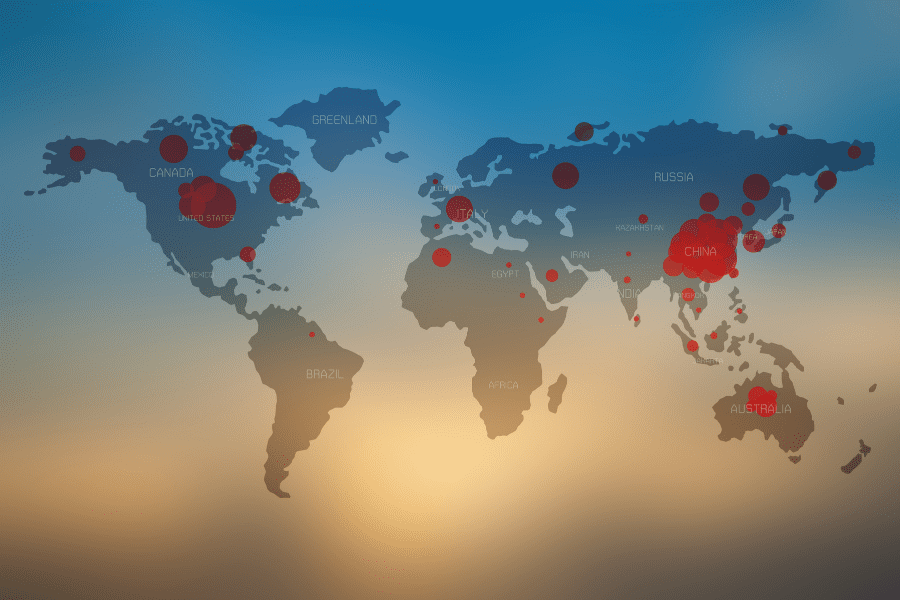The spread of mysterious mosquito-borne diseases & how to avoid them.


With several Pacific nations and the state of Hawaii in the grips of dengue fever outbreaks, good news arrived recently when Mexican authorities approved a vaccine against the deadly mosquito-borne disease. More governments are expected to follow suit in approving the drug, called Dengvaxia, to combat the disease’s sudden surge.
The vaccine is no silver bullet for dengue control – its effectiveness can range from 60 to 90% depending upon the virus strain – but is without question a welcomed tool to help protect citizens along with traditional mosquito control methods.
The rapid, and largely mysterious, spread of dengue fever serves as a reminder of the dangers that mosquitoes can pose – and not just in the developing world. Hawaii is in the midst of an historic outbreak, and cases were reported in Florida this past fall.
Dengue Dangers
Caused by any of four unique viruses, Dengue fever infects as many as 400 million people every year, by recent estimates. It can be fatal. Symptoms include fevers as high as 106 degrees, headaches, pain throughout the body and bleeding around the gums.
While cases in the U.S. have been limited, largely thanks to thoughtful mosquito abatement, many parts of the world are struggling to manage mosquito populations and to treat those who are infected.
India suffered a major outbreak this fall, with more than 10,000 reported cases and a death toll that reached 32 in mid-October. Taiwan has also battled an outbreak of dengue fever this year. The Center for Disease Control (CDC) reported in early November that nearly 30,000 cases of the disease had already been diagnosed.
Stateside, Hawaii is in the throes of a dengue fever outbreak. As of mid-December, more than 150 cases had been reported on Hawaii Island, prompting state officials to step up mosquito control and warn residents and visitors to wear protective clothing.
It is unknown why the outbreaks are happening now. A recent study from the National Institute of Health blames El Nino climate changes in the Pacific Ocean. But some scientists have called that study speculative.
Zika and Others Lurk
While it remains relatively new and scientists are scrambling to understand it, dengue fever is far from the only mosquito-borne health risk. The insects carry Malaria, West Nile and chikungunya.
A rare mosquito-borne disease called Zika was diagnosed in the first American patient last year. Found in South America and Polynesia, Zika can cause flu-like symptoms such as fatigue, fevers, body aches, and swollen, mucous-filled eyes and rash. Because the disease is so rare, medical professionals are still unclear what long-term effects it may have.
An Ounce of Prevention
Even as these outbreaks make headlines, it’s important to remember mosquito-borne disease is still fairly rare in the U.S. And there’s no need to cancel any upcoming warm-weather getaways. If you’re concerned about someplace you’re traveling, the CDC offers a few precautions:
Even as drug makers and officials find new ways to prevent or treat them, mosquito-borne diseases aren’t going away. But taking the proper precautions, and staying informed, will always be the best ways to avoid getting seriously sick from a bug bite.